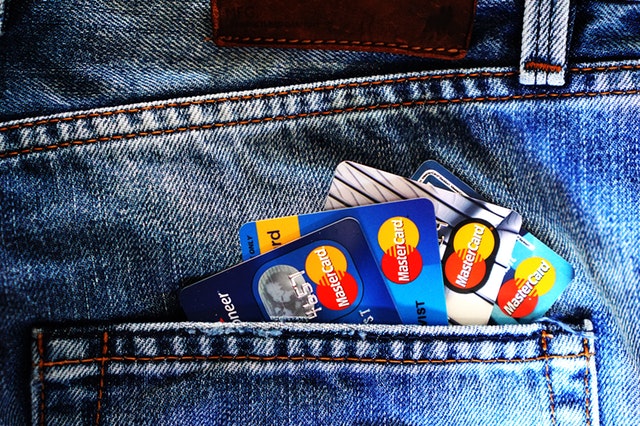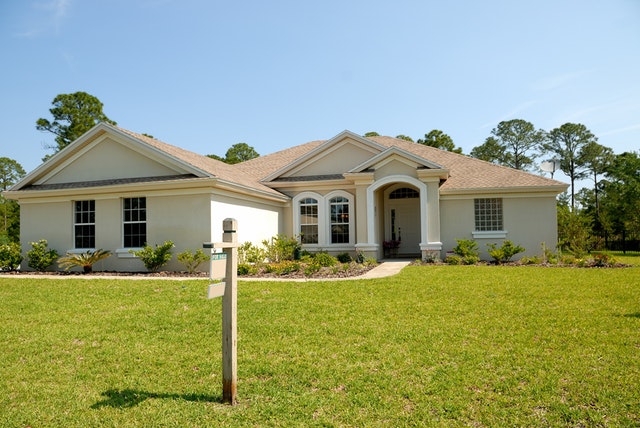Understanding the Factors That Impact Your Credit Score
 Most consumers believe if they pay their bills on time, they need not worry about their credit score. Oftentimes, it is a rude awakening when they apply for a mortgage loan, car loan, or any revolving credit to learn they are not going to get the lowest rates available due to their credit score. This is because paying bills on time only accounts for 35 percent of your credit score. The remaining 65 percent is spread out among other factors that impact your credit score.
Most consumers believe if they pay their bills on time, they need not worry about their credit score. Oftentimes, it is a rude awakening when they apply for a mortgage loan, car loan, or any revolving credit to learn they are not going to get the lowest rates available due to their credit score. This is because paying bills on time only accounts for 35 percent of your credit score. The remaining 65 percent is spread out among other factors that impact your credit score.
Credit Usage and Impact on Score
Nearly one-third, 30 percent, of your credit score is based on how much of your available credit you are using. For example, if you have combined credit available of $100,000 and you use $90,000, you will suffer a decline in your credit score. Those consumers who have similar credit lines and are using $9,000 will get a slight bump in their score.
New Credit vs. Old Credit
We seldom think about how long we have held a line of credit open. However, some consumers “exchange” credit lines for other credit lines due to special offers made by credit card companies. This is not necessarily a good idea since 15 percent of your credit score is determined by the age of your credit accounts. The longer you have had an account, the better in most cases. The calculation will take all open credit accounts, take the amount of time they have been open and get an “average age”. If you have six accounts which have been open less than a year and six that have been open five years, the newer accounts will count against you in this case.
Mixing up Credit Lines
A consumer who has only a mortgage and a single credit score will take a modest hit on their credit score versus a consumer who has multiple credit cards, a mortgage, and an auto loan. The types of credit you have will account for 10 percent of your credit score and the more varied your open credit lines, the better. While it is inadvisable to open new credit lines simply to show a variety of types, having installment loans, retail credit cards, and traditional credit cards is a good idea.
New Lines of Credit Opened
One danger many consumers are unaware of is suddenly opening new lines of credit. For example, a new homeowner may open a new account with a home improvement store, a general retail store, and a new credit card to help them furnish and repair their new home. This could be a red flag since the credit lines are new, and there is no established history on the mortgage, or the new credit lines. Since this factor accounts for 10 percent of your credit score, you could suffer a temporary decline in your credit score.
Consumers should be aware of the factors which impact their credit score, and also be aware of the factors that do not impact their scores. Understanding your credit score may be the most important tool you have when buying a home, or refinancing your current mortgage.
Please contact your trusted mortgage professional to discuss how your credit score may be impacting your ability to finance your next home purchase.

 Home buyers are typically advised to put at least 20% down for a mortgage. Coming up with that amount can seem almost impossible if you have little to no money left over after paying bills each month.
Home buyers are typically advised to put at least 20% down for a mortgage. Coming up with that amount can seem almost impossible if you have little to no money left over after paying bills each month. On the surface, a short sale seems like the perfect deal. However, before you take the plunge, you need to understand how this type of home purchase works.
On the surface, a short sale seems like the perfect deal. However, before you take the plunge, you need to understand how this type of home purchase works. When a homeowner stops making regular mortgage payments, the bank can foreclose on the property. This means that the bank takes possession of the property in an attempt to recover the debt the homeowner owes. In some cases, the bank may try to recover this debt by selling the property at auction. In other cases, the bank will simply list the foreclosed home for sale.
When a homeowner stops making regular mortgage payments, the bank can foreclose on the property. This means that the bank takes possession of the property in an attempt to recover the debt the homeowner owes. In some cases, the bank may try to recover this debt by selling the property at auction. In other cases, the bank will simply list the foreclosed home for sale. Borrowers who cannot qualify for a conventional mortgage are often able to obtain an FHA loan. However, to secure this type of loan, you must still meet certain requirements.
Borrowers who cannot qualify for a conventional mortgage are often able to obtain an FHA loan. However, to secure this type of loan, you must still meet certain requirements.